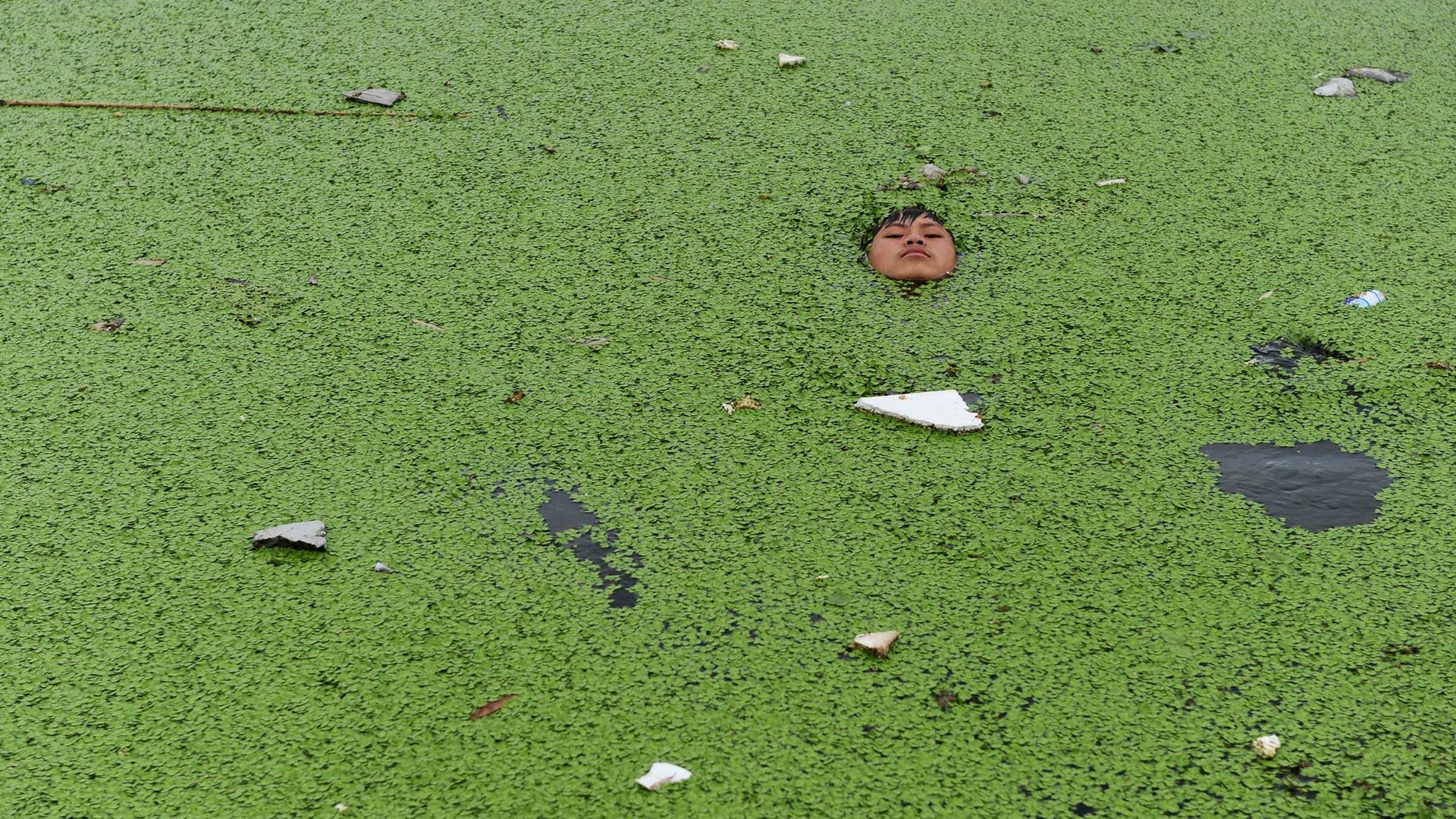China’s tap water could be a major breeding ground for “superbugs”
China’s tap water won’t just give you a bad stomach. It could also be a breeding ground for so-called superbugs.


China’s tap water won’t just give you a bad stomach. It could also be a breeding ground for so-called superbugs.
Not only have large colonies of bacteria been found in the nation’s water pipes, but some otherwise harmless bacteria are becoming drug-resistant, according to a study led by Yu Xin, a scientist at the Chinese Academy of Sciences.
The tendency of bacteria to become drug-resistant arises from the colonies growing so large that so-called “superbugs”—already-drug-resistant bacteria—can transfer resistance to otherwise largely harmless bacteria. Drug-resistant bacteria are immune to antibiotics, rendering useless the most common cure for many kinds of infections.
The solution, according to Yu, is simple. Adding proper levels of chlorine to the water supply is generally sufficient to kill bacteria and ensure that the transfer of drug resistance can’t take place.
China currently requires that each liter of tap water be treated with just 0.05 mg of chlorine. But the World Health Organization recommends 10 times that level (pdf)—and the US 40 times as much—to combat diarrheal diseases like typhoid, cholera, and hepatitas A. Yu found that boosting levels to just 0.3 mg reduces the spread of drug resistance between bacteria.
Adding more chlorine might largely address the problem, but it can’t fix everything. Residents of old buildings in Hong Kong—which has far stricter guidelines than mainland China—still must boil their water before drinking it. And it might create another problem: Tea aficionados insist chlorine can overpower the subtle flavors of high-quality Chinese tea.